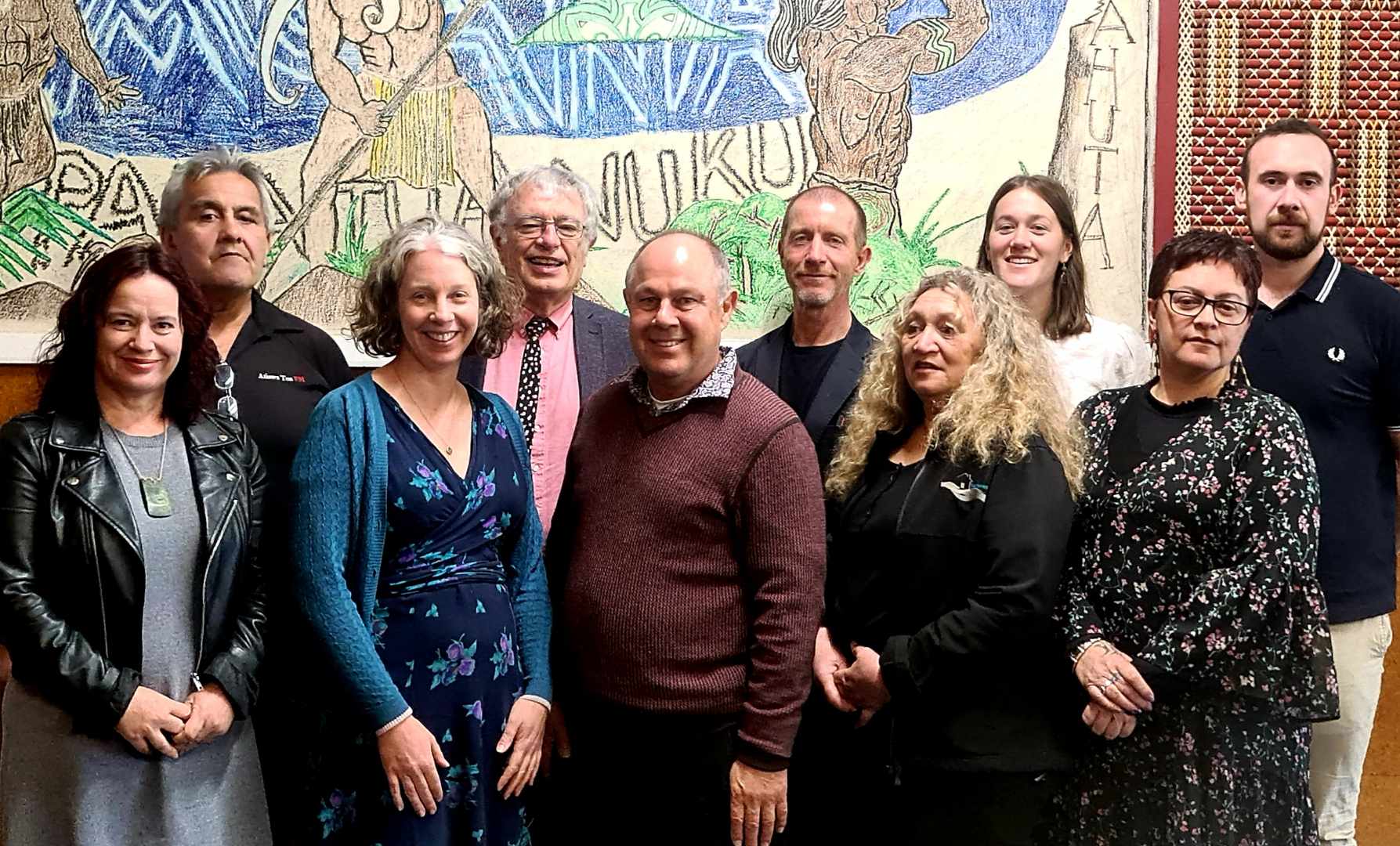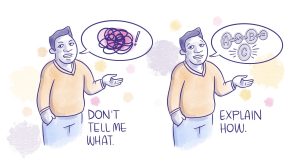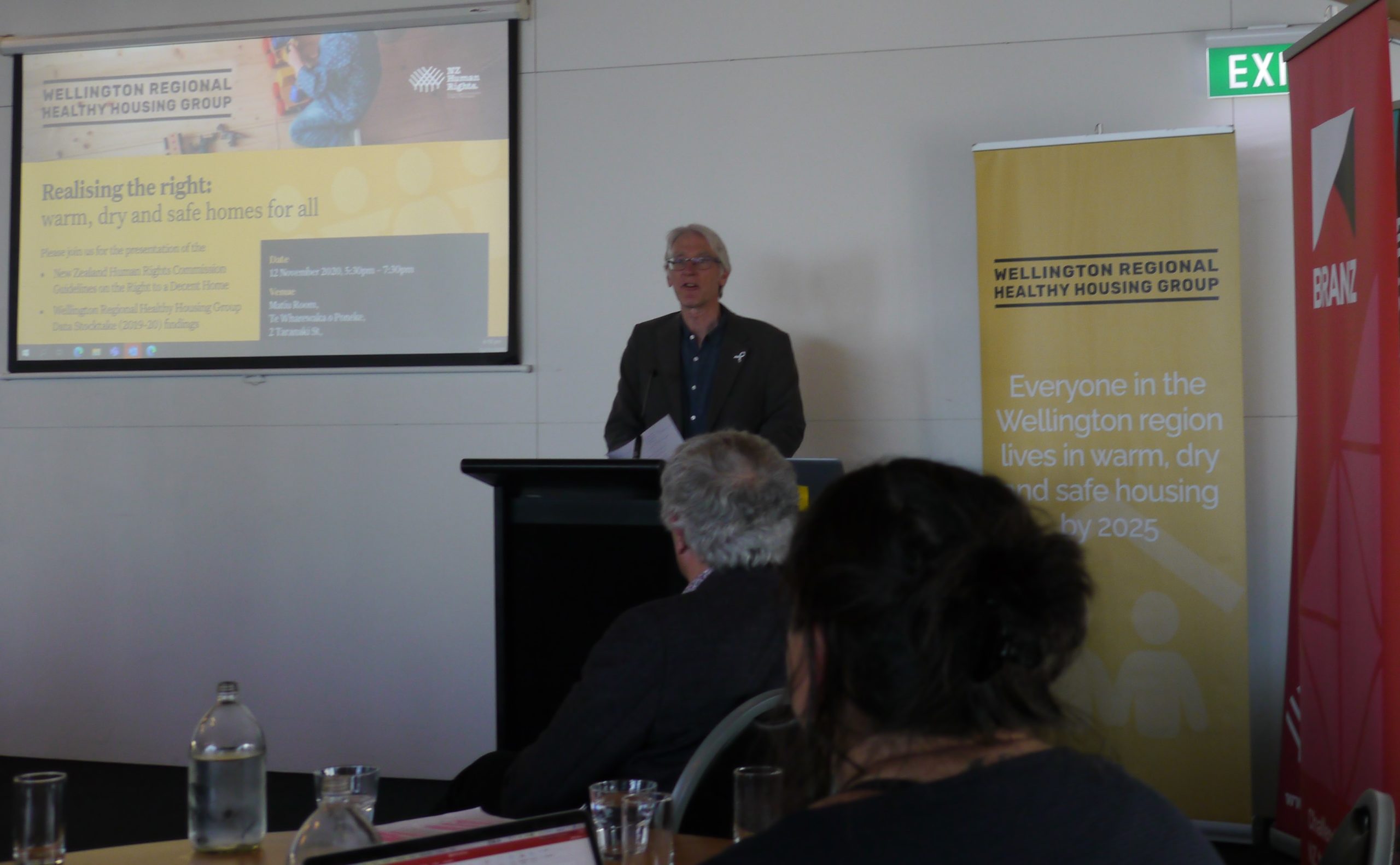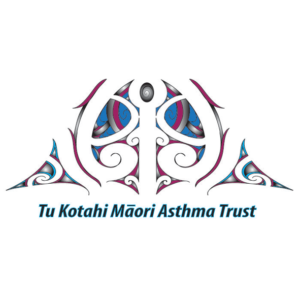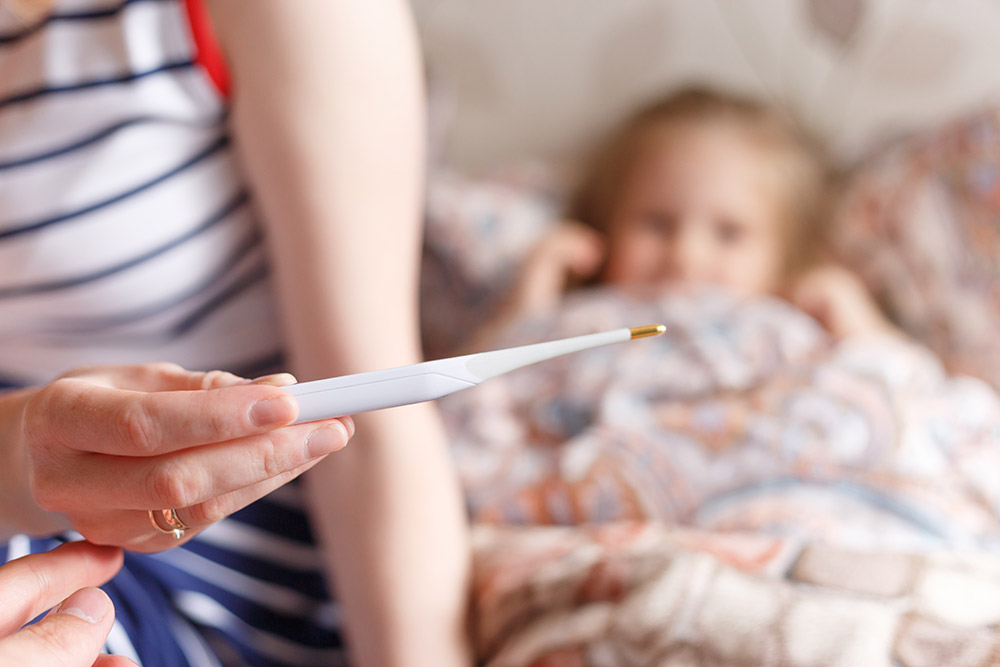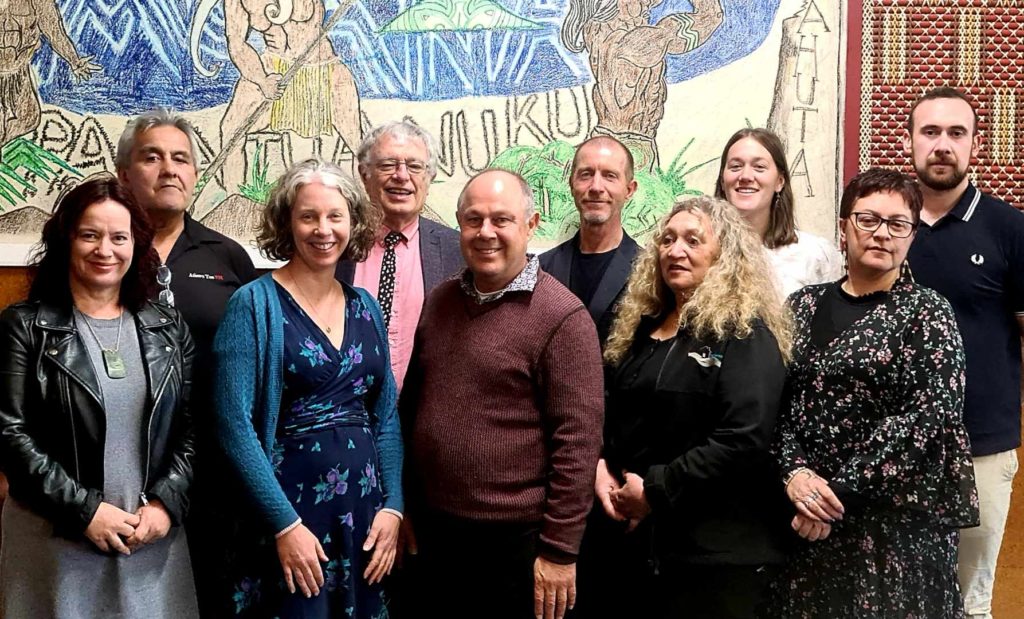
Star Olsen, Chair of Tū Kotahi Māori Asthma Trust Board and Wainuiomata Marae Board opened the launch at Kōkiri Marae on Friday 07 May for the new partnership ‘Tuanui – Wainuiomata Healthy Homes for All’. Mr. Olsen described the tohu designed for the project, representing a foundation, roof and the connections that make up a healthy home. The colours of the tohu represented the diverse partners that had come together committed to the project’s 10-year vision that ‘every child, adult, kaumatua in Wainuiomata lives in a warm, dry, healthy home’.
“Today is acknowledging and reinforcing that we do have a major problem with our damp, cold housing here in Wainuiomata, with major illnesses the result – asthma the major respiratory one” Mr. Olsen said.
Cheryl Davies, Tū Kotahi Manager introduced powerful video presentations by whānau who have previously been involved in the Tū Kotahi home repair programme. “The highlight is having a back door again” said one woman whose children to go outside to play had to to push aside the mattress that had acted in place of a door for several years. Another mum said “our home is much warmer after the repair work, and I am so happy that my dad who lives with us can finally have a warm shower at home instead of having to go to whānau across the road for a shower.”
Jim Moriarty, whose construction company employing local men has been carrying out home repair work for the Tū Kotahi prorgramme for several years, spoke about the employment and other wellbeing outcomes that come along with the whānau-centred delivery model. “The guys who work with me have maybe 20 children between them – that is 20 children whose dad goes out to work and comes home happy, and proud of the work he’s doing helping others in the community” he said. “We are very happy to be part of extending this work to more whānau under the Tuanui project” he added.
Greater Wellington Regional Councillor Roger Blakeley is Chair of newly formed Tuanui Project Steering Group, as well as the Wellington Regional Healthy Housing Group that has helped drive the new partnership. “The Wellington Regional Healthy Housing Group is honoured to play a part in supporting this project to take flight.” Cr. Blakeley said. “In 2019, 1,539 New Zealand children aged 0-14 years were admitted to hospital with a preventable, housing related, illness. Māori children were 3 times as likely and Pacific children 3.7 times as likely to be hospitalised as children of all other ethnicities. Unhealthy homes are an equity issue. This in turn impacts on school and employment outcomes, and on financial and mental health.”
“A housing needs assessment in 2019 confirmed that in Pencarrow-Wainuiomata rates of illness associated with housing-sensitive respiratory sickness and skin diseases were significantly higher than the national average, and among the highest in Lower Hutt” he continued. “It is critical that we do something about this, now.”
“The Regional Healthy Housing Group will continue to leverage our collective influence and voice to support the work of the project partnership and influence policy, regulation and resourcing decisions that enable the project vision to be realised” said Cr. Blakeley
With Tū Kotahi leading the project and working closely with the Takiri Mai te Ata Whānau Ora Collective, Regional Public Health, Hutt City Council and Greater Wellington Regional Council, Sustainability Trust and He Kāinga Oranga are among the organisations joining forces to realise the vision.
Cr. Blakeley, Chair of the Project Steering Group said “the Year One goal of the Tuanui project is to ensure 40 of the most unhealthy homes in Wainuiomata are deep retrofitted to a healthy standard, at the same time as whānau are supported to access to wrap around support in other key areas. The project is expecting to draw on subsidies for insulation and heating available through the Energy Efficiency and Conservation Authority (EECA) Warmer Kiwi Homes scheme and ongoing support from Te Puni Kōkiri. The Project Steering Group will be seeking $880,000 in funding to realise the Year One goal.” Around 60 representatives from project partners, central and local government, community and health organisations, the Wainuiomata Community Board and philanthropic organisations joined the launch event which began with a pōwhiri and ended with lunch and an opportunity to speak to those involvdin the project and make connections.
“Today is acknowledging and reinforcing that we do have a major problem with our damp, cold housing here in Wainuiomata, with major illnesses the result – asthma the major respiratory one” Mr. Olsen said.
Cheryl Davies, Tū Kotahi Manager introduced powerful video presentations by whānau who have previously been involved in the Tū Kotahi home repair programme. “The highlight is having a back door again” said one woman whose children to go outside to play had to to push aside the mattress that had acted in place of a door for several years. Another mum said “our home is much warmer after the repair work, and I am so happy that my dad who lives with us can finally have a warm shower at home instead of having to go to whānau across the road for a shower.”
Jim Moriarty, whose construction company employing local men has been carrying out home repair work for the Tū Kotahi prorgramme for several years, spoke about the employment and other wellbeing outcomes that come along with the whānau-centred delivery model. “The guys who work with me have maybe 20 children between them – that is 20 children whose dad goes out to work and comes home happy, and proud of the work he’s doing helping others in the community” he said. “We are very happy to be part of extending this work to more whānau under the Tuanui project” he added.
Greater Wellington Regional Councillor Roger Blakeley is Chair of newly formed Tuanui Project Steering Group, as well as the Wellington Regional Healthy Housing Group that has helped drive the new partnership. “The Wellington Regional Healthy Housing Group is honoured to play a part in supporting this project to take flight.” Cr. Blakeley said. “In 2019, 1,539 New Zealand children aged 0-14 years were admitted to hospital with a preventable, housing related, illness. Māori children were 3 times as likely and Pacific children 3.7 times as likely to be hospitalised as children of all other ethnicities. Unhealthy homes are an equity issue. This in turn impacts on school and employment outcomes, and on financial and mental health.”
“A housing needs assessment in 2019 confirmed that in Pencarrow-Wainuiomata rates of illness associated with housing-sensitive respiratory sickness and skin diseases were significantly higher than the national average, and among the highest in Lower Hutt” he continued. “It is critical that we do something about this, now.”
“The Regional Healthy Housing Group will continue to leverage our collective influence and voice to support the work of the project partnership and influence policy, regulation and resourcing decisions that enable the project vision to be realised” said Cr. Blakeley
With Tū Kotahi leading the project and working closely with the Takiri Mai te Ata Whānau Ora Collective, Regional Public Health, Hutt City Council and Greater Wellington Regional Council, Sustainability Trust and He Kāinga Oranga are among the organisations joining forces to realise the vision.
Cr. Blakeley, Chair of the Project Steering Group said “the Year One goal of the Tuanui project is to ensure 40 of the most unhealthy homes in Wainuiomata are deep retrofitted to a healthy standard, at the same time as whānau are supported to access to wrap around support in other key areas. The project is expecting to draw on subsidies for insulation and heating available through the Energy Efficiency and Conservation Authority (EECA) Warmer Kiwi Homes scheme and ongoing support from Te Puni Kōkiri. The Project Steering Group will be seeking $880,000 in funding to realise the Year One goal.” Around 60 representatives from project partners, central and local government, community and health organisations, the Wainuiomata Community Board and philanthropic organisations joined the launch event which began with a pōwhiri and ended with lunch and an opportunity to speak to those involved in the project and make connections.
* People in the photo, from left to right: Cr. Keri Brown (Hutt CC), Star Olsen, Amanda Scothern (Executive Officer WRHHG), Dr. Roger Blakeley (Chair WRHHG, Chair of Tuanui Project Steering Group, Councillor GWRC), Greg Street (Eco Design Advisor at HuttCC), Phil Squire (Fair Energy Manager at Sustainability Trust), Dina Awarau (Well Homes Programme Coordinator, Regional Public Health), Simone Bibby (Health in all Policies Team at Regional Public Health), Cheryl Davies (Manager Tū Kotahi Māori Asthma and Research Trust), Kara Puketapu-Dentice (Director Economy and Development, HuttCC). Ken Laban (Councillor, GWRC) is part of the Project Steering Group but was not present for the photo.
